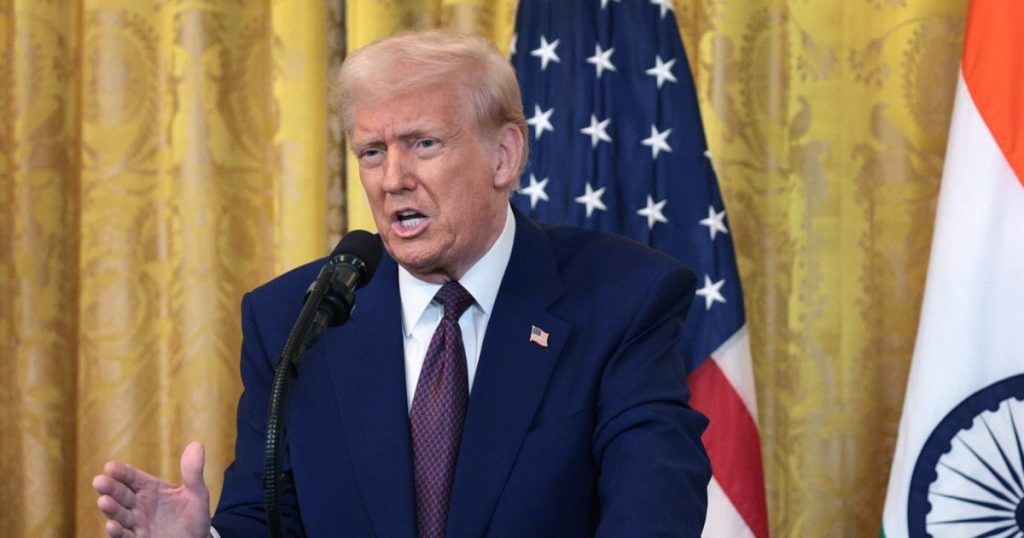The evolving situation in Ukraine under President Volodymyr Zelenskyy’s leadership is marked by unwavering determination. Despite the ongoing conflict with Russia, Zelenskyy has made it clear that Ukraine will not cede any land in a peace deal, emphasizing the importance of sovereignty. The international community, particularly the U.S., plays a crucial role in Ukraine’s survival, with Zelenskyy highlighting the necessity of continued military support. This stance underscores the deepening U.S.-Ukraine alliance, crucial in the face of escalating tensions.
Meanwhile, the U.S. government is navigating significant internal challenges. The Trump administration’s directives have led to widespread layoffs and budget cuts, with federal agencies instructed to terminate probationary employees. This has resulted in financial instability for many workers, exacerbating job security concerns. Additionally, the DOJ’s decision to drop corruption charges against NYC Mayor Eric Adams has sparked controversy, prompting resignations from federal prosecutors. These actions reveal a complex interplay of politics and legal frameworks impacting public trust.
International aid policies are also under scrutiny, particularly the freezing of U.S. assistance to Cambodia. This decision has ripple effects on Cambodia’s development projects and social programs, highlighting the broader implications of foreign aid strategies. The move reflects shifting priorities in U.S. foreign policy and raises questions about the global impact of such decisions.
Criticism of the Trump administration’s foreign policy approaches, particularly regarding Russia, has intensified. Democrats on the Armed Services Committee argue that Trump and Vance’s stance indicates weakness toward Putin. This critique comes amid concerns over Russia’s expanding influence and the potential for miscalculations in geopolitical strategies. Such political dynamics underscore the high stakes of international diplomacy.
On the economic front, President Trump’s announcement of reciprocal tariffs with India and other trading partners signals a significant shift in U.S. trade policy. This move, aimed at addressing trade imbalances, could have far-reaching effects on global markets and consumer costs. The partnership with India, highlighted during a press conference with Prime Minister Modi, aligns with Modi’s “Make India Great Again” agenda, illustrating the dual goals of economic nationalism and international cooperation.
Lastly, policy changes affecting social issues, such as the removal of transgender references from the Stonewall National Monument website, indicate a shift in inclusivity practices. This decision resonates deeply with LGBTQ+ communities, sparking debates on the role of government in representing diverse identities. These changes reflect broader cultural and political shifts, influencing public perception and advocacy efforts.
